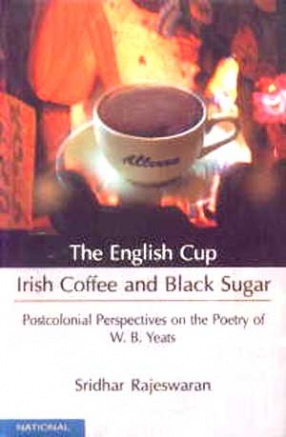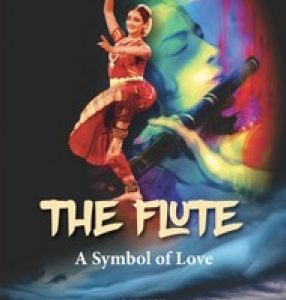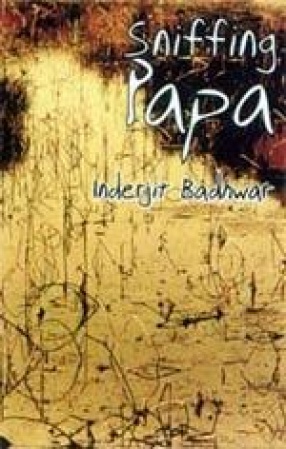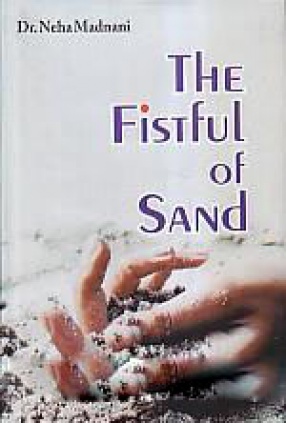English cup, Irish coffee and black sugar: postcolonial perspectives on the poetry of W.B. Yeats has considered the poetry of the Anglo-Irish poet, W.B. Yeats in the context of race, class and gender from a postcolonial Indian perspective. The author has in this book reread and redefined Yeats's poetry in the light of the colonization of Ireland by Britain. He has shown how Yeats wrote the nation into being in his oeuvre and narrated it across the body of a woman – Maud Gonne. This narration re-invented Ireland in the light of pre-colonial Irish myths and excavated it as history and sexuality.
This investigation of myth and sexuality has been done against the backdrop of history in the Marxist sense of the word. History, culture and materiality have in turn been informed by an end of the millennium postcolonial gaze. This is a gaze which has been impacted by renewed pressures on postcolonial spaces by Western cultural, political and economic hegemony. This book on the poetry of William Butler Yeats captivates from the very title itself which reflects the Anglo-Irish ancestry of the poet under the critical prism, as well as the postcolonial antecedents of the critic. The author has not just considered the poetry of Yeats from the postcolonial perspective but also against the backdrop of history and gender issues as reflected in the Irish national struggle. The book would interest scholars who are engaged in re-reading the canon as it would afford them an alternative view on Yeats from the margins and peripheries.





There are no reviews yet.